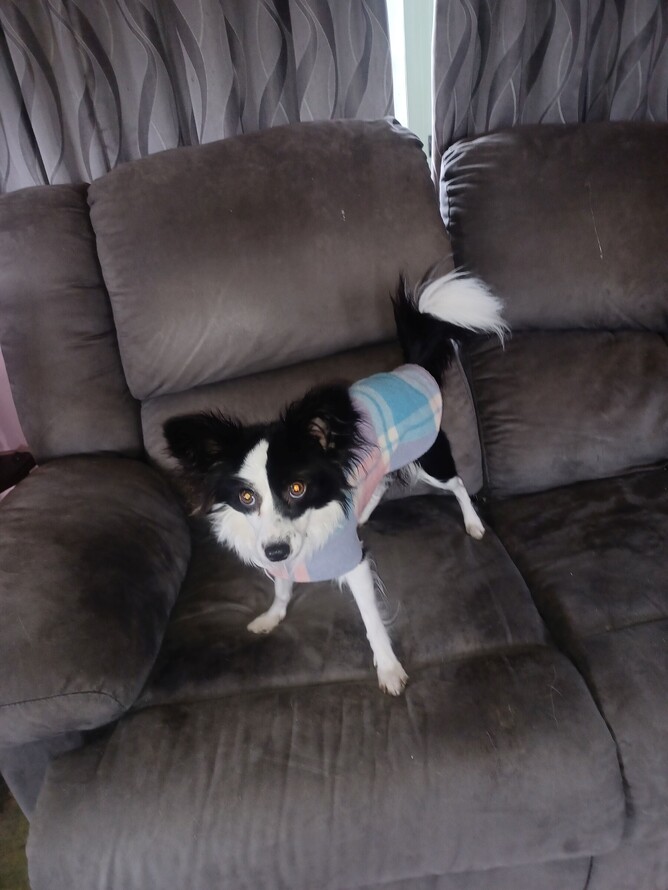Puppy Socialisation
Puppy socialization is the process of exposing a young puppy to a wide variety of experiences, environments, people, animals, and objects in a positive and controlled way. Proper socialization reduces the risk of future behavioural problems such as fear, aggression, and anxiety later on. A well-socialized dog is more likely to be friendly, confident, and adaptable to new situations.
Key Aspects of Puppy Socialization:
Exposure to People: Introduce the puppy to people of different ages, genders, appearances, and behaviours. This includes children, adults, elderly people, and people with different clothing or accessories like hats, glasses, or umbrellas. Note this does not mean the puppy has to interact with all these people – it is an introduction rather than full on being handed around.
Exposure to Other Animals: Allow the puppy to safely interact with other dogs and animals, like cats, birds, or small pets. Positive experiences with other animals help the puppy learn how to behave around them.
Exposure to Different Environments: Take the puppy to various places such as parks, streets, car rides, pet-friendly stores, and different types of flooring (carpet, wood, tile). This helps the puppy get used to different sights, sounds, and smells. Make sure this is done in a safe way as young puppies are more vulnerable to picking up diseases before they are fully vaccinated.
Handling and Grooming: Regularly handle the puppy's paws, ears, tail, and mouth to get them used to being touched. This is important for future grooming, vet visits, and general handling.
Noise Desensitization: Expose the puppy to different sounds, like vacuum cleaners, doorbells, traffic, and other household noises. Start with low volume and gradually increase as the puppy becomes comfortable.
Exposure to as many novelty situations as possible
Positive Reinforcement: Use treats, praise, and play to create positive associations with new experiences. This helps the puppy learn that new things are good rather than scarey.
How to do this
Start Slow: Begin with mild and non-threatening experiences, gradually increasing the complexity and intensity as the puppy grows more comfortable.
Do not overwhelm your puppy keep it low key and relaxed. Move at your puppies pace not yours. Distance is your friend especially if you have a shy puppy.
Watch for Stress Signs: Be attentive to your puppy's body language. If they seem scared or overwhelmed, take a step back and try a less intense version of the experience.
Keep sessions very short
Classes: Puppy classes are a good way to expose your puppy to other dogs and people in a controlled and positive environment.
Overall, the goal is to ensure that your puppy grows up to be a well-rounded, well-behaved, and happy dog.

